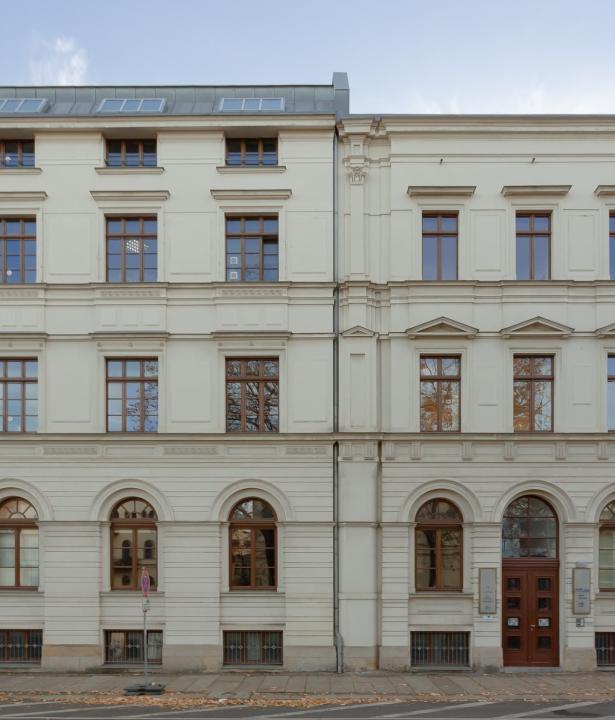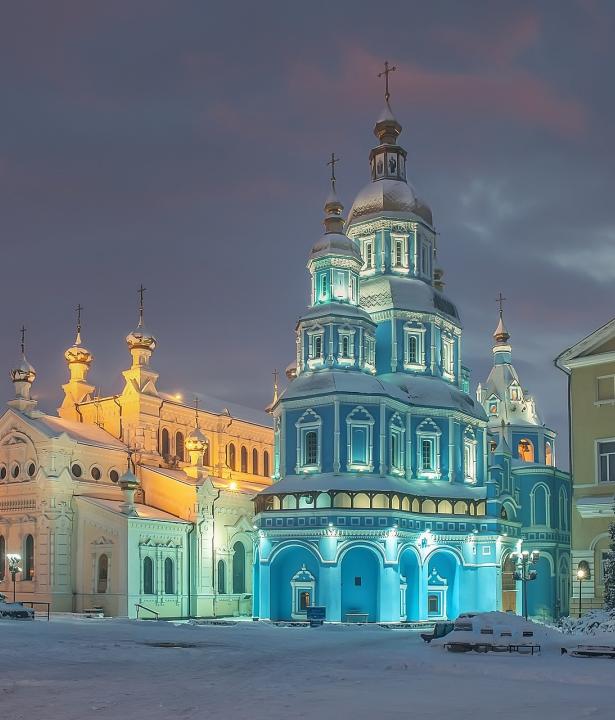"Inter arma silent musae". This classical saying referring to the silence of the muses during wartime is based on the idea that the arts, as a product of the human spirit, should remain untouched by blood and violence. In reality, however, no battles were fought without writers and artists making their contribution.


View into the exhibition. Adalbert Stifter Verein, Free access - no reuse
View into the exhibition. Adalbert Stifter Verein, Free access - no reuse


Cover of the exhibition catalog. Adalbert Stifter Verein, Free access - no reuse
Cover of the exhibition catalog. Adalbert Stifter Verein, Free access - no reuse
Text
In terms of its dimensions and consequences, the First World War exceeded all wars that had ever been waged until then and was already referred to by contemporaries as the "Great War". The number of participating states and soldiers fighting on various fronts, the millions of victims and the extent of destruction justify this designation. Added to this was the use of military technology unheard of in earlier wars: Gas, airplanes, armored combat vehicles, heavy artillery, but also war propaganda as a way of influencing public opinion and thus of waging war "by other means".
For propaganda purposes, a "Kriegspressequartier” (“war press quarter” or “KPQ”) was established in the Austro-Hungarian Army as a special facility of the Army High Command with the task of providing the press with reports on the war in words and pictures. A particularly large number of journalists and artists were represented in the KPQ, among them well-known writers such as Roda Roda, Egon Erwin Kisch, Leo Perutz, Richard A. Bermann (Arnold Höllriegel), Ferenc Molnár, Robert Michel, Franz Werfel as well as artists such as Oskar Laske, Oskar Kokoschka, Ferdinand Staeger, Ludwig Hesshaimer, Albin Egger-Lienz and others. In addition, a picture and film department was set up for war reporting, along with a theater and music department and, finally, a censorship office, which had to monitor all information and decide on its publication.
At the same time, a "literary group" was established at the Vienna War Archives to document the war and propagate it in the media. This group included Franz Theodor Csokor, Rudolf Hans Bartsch, Franz Karl Ginzkey, Felix Salten, Stefan Zweig, Rainer Maria Rilke, and Alfred Polgar (Polak).
Both the KPQ and the "literary group" offered many journalists, writers and artists an opportunity to avoid military service with a weapon and instead take up a pen, brush or camera as part of the war propaganda apparatus.
The exhibition and the accompanying publication reveal both the deliberate and inadvertent role that literature and art played in the First World War. They describe how artists and intellectuals wavered between patriotism and pacifism and also look at their voluntary involvement in war matters. Across the many names, a number of very different attitudes towards war can be seen, but also within individual biographies, we can observe different phases, changes of mind and personal transformations.
Some of the writers and artists in the service of the imperial and royal war propaganda came from Bohemia and Moravia; they are given special attention in this exhibition.
For propaganda purposes, a "Kriegspressequartier” (“war press quarter” or “KPQ”) was established in the Austro-Hungarian Army as a special facility of the Army High Command with the task of providing the press with reports on the war in words and pictures. A particularly large number of journalists and artists were represented in the KPQ, among them well-known writers such as Roda Roda, Egon Erwin Kisch, Leo Perutz, Richard A. Bermann (Arnold Höllriegel), Ferenc Molnár, Robert Michel, Franz Werfel as well as artists such as Oskar Laske, Oskar Kokoschka, Ferdinand Staeger, Ludwig Hesshaimer, Albin Egger-Lienz and others. In addition, a picture and film department was set up for war reporting, along with a theater and music department and, finally, a censorship office, which had to monitor all information and decide on its publication.
At the same time, a "literary group" was established at the Vienna War Archives to document the war and propagate it in the media. This group included Franz Theodor Csokor, Rudolf Hans Bartsch, Franz Karl Ginzkey, Felix Salten, Stefan Zweig, Rainer Maria Rilke, and Alfred Polgar (Polak).
Both the KPQ and the "literary group" offered many journalists, writers and artists an opportunity to avoid military service with a weapon and instead take up a pen, brush or camera as part of the war propaganda apparatus.
The exhibition and the accompanying publication reveal both the deliberate and inadvertent role that literature and art played in the First World War. They describe how artists and intellectuals wavered between patriotism and pacifism and also look at their voluntary involvement in war matters. Across the many names, a number of very different attitudes towards war can be seen, but also within individual biographies, we can observe different phases, changes of mind and personal transformations.
Some of the writers and artists in the service of the imperial and royal war propaganda came from Bohemia and Moravia; they are given special attention in this exhibition.
Externe Links
External Image






